Ultimate Marine Conservation Volunteer's Guide: Tips, Opportunities, and Impactful Actions

-
1

Introduction to Marine Conservation: Importance, Challenges, and Solutions
Understand the importance of marine conservation for biodiversity, climate regulation, oxygen production, etc, and your role as volunteers for conservation. -
2

Different Kinds of Marine Ecosystems
Study about coral reefs and their importance, the ecological value of mangroves, and seagrass beds and their significance. -
3

Examples of successful marine conservation projects
Chagos Marine Protected Area, California Marine Protected Area Network, Raja Ampat Marine Protected Area are examples of successful marine conservation projects -
4
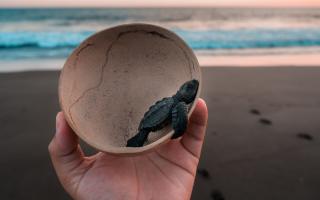
Key Principles of Marine Conservation
Ecosystem-based approach, science-based decision making, stakeholder engagement and collaboration, adaptive management, etc are key principles of conservation. -
5

What are the types of marine life?
Read about the various categories of marine life forms including reptiles, mammals, mollusks, fish, crustaceans, etc. -
6

Threats to Marine Ecosystems
Impacts of all kinds of pollution, overfishing, habitat destruction and climate change on marine ecosystems. -
7
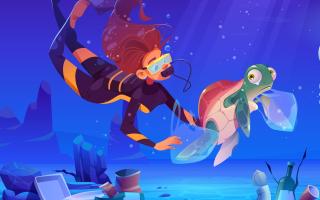
Role of Marine Protected Areas in Conservation Efforts
Marine Protected Areas (MPAs) include biodiversity conservation, fisheries management, scientific research, ecosystem resillience, education and awareness, etc. -
8

Why Volunteer for Marine Conservation
You get to make real difference, enhance life skills, experience the beauty of nature, network with like minded people, grow personally, and increase awareness. -
9

Coral Reef Conservation: Protecting and Restoring Fragile Ecosystems
Management of reefs, sustainable fishing practices, pollution reduction, climate change mitigation, etc are some key aspects of coral reef conservation. -
10
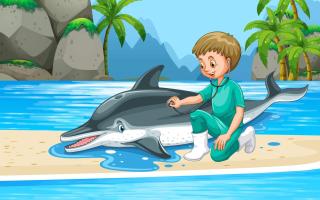
Marine Megafauna Conservation: Protecting whales, dolphins, sharks, and more
Read the relevance of keystone species, threats to marine megafauna, their legal protection, international cooperation, public awareness, etc. -
11

Sea Turtle Conservation: Preserving Endangered Species
All that matters in sea turtle conservation- Nesting habitat protection, beach monitoring, bycatch mitigation, international collaborations, etc. -
12

Climate Change and Marine Conservation: Mitigation and Adaptation Strategies
Read on strategies such as renewable energy transition, blue carbon conservation, ocean-based carbon capture, and other adaptation strategies. -
13
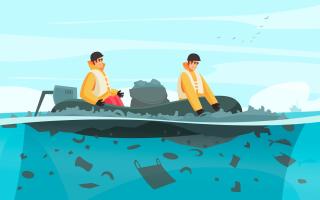
Engaging Local Communities in Marine Conservation Projects
Local communities should be involved for their local knowledge, perspectives, sense of ownership, sustainable lifestyle, and to enhance their education & skills -
14
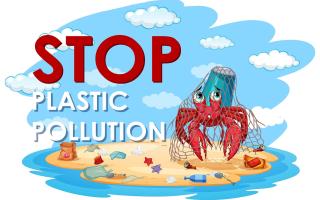
Tackling Plastic Pollution: Innovative Solutions and Volunteer Initiatives
Recycling & waste management, using plastic alternatives, applying citizen science, using cleanup technologies, etc are ways of tackling plastic pollution. -
15

How to Choose the Right Marine Conservation Volunteer Program
Determine your volunteering interest, research volunteer organisations, assess program focus and activities, consider duration, evaluate support, etc. -
16

Essential Skills and Qualifications for Marine Conservation Volunteers
Ultimately, a positive attitude, a willingness to learn, and a genuine commitment to marine conservation are essential qualities for any volunteer in this field -
17

Marine Conservation Volunteer Programs for Non-Divers: Opportunities and Activities
Remember, even without diving, there are numerous ways like wildlife monitoring, beach cleanups, etc, to make a positive impact in marine conservation. -
18

Marine Conservation Careers and Professional Development
Read on building a career path in marine science, educational and professional development, and how to starting a career in marine conservation. -
19

Marine conservation biology degree
This interdisciplinary field combines elements of biology, ecology, environmental science, and studying policies to address challenges of marine environments.

